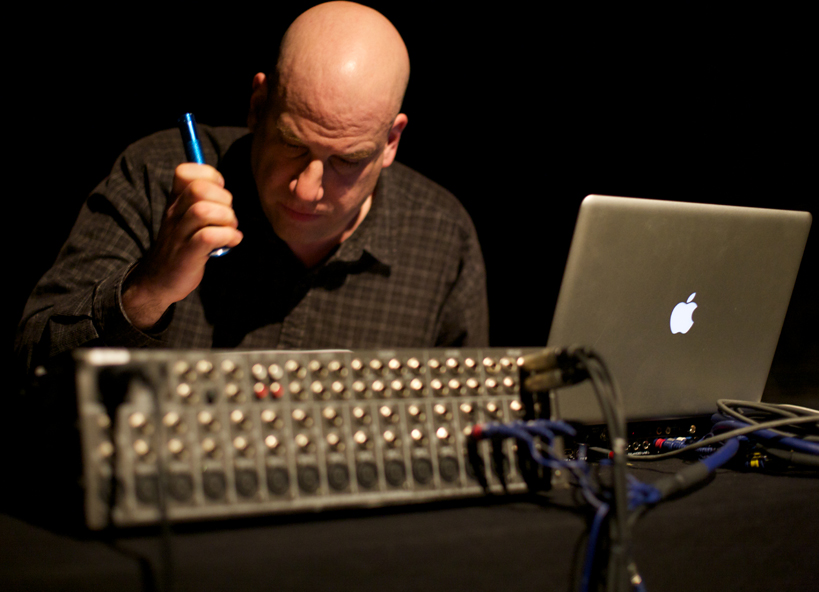Wallingford Food Bank
Wallingford Food Bank
A testimony to poverty from Chris’s own experiences, and an invitation to engage with an all too typical situation and context through a kind of imaginary listening.
ReadWho
Here’s how Chris describes his work:
“My work, the offspring of my love affair with sound, incorporates murky atmospheres, everyday speech, unusual field recordings, and an array of instruments deployed in maniacal recombinant polyphony. I bear witness to current crises which impel me to respond. I also heed my impulse to conjure sonic places where raw emotion, memory, and imagination find refuge to dream.”
What
And here’s how he describes the piece he will present:
“Dead broke in 2004, I stretched my meager income with multiple visits to the local food bank. Remembering that hard work and money often remain incongruent, I collected site recordings, interviews, and surreptitious microphone captures into my testimony of poverty, Wallingford Food Bank.”
Why
And here’s our hypothesis on it: Chris makes use of field recordings not so as to abstract sound from its context and focus only on the aural; he creates field recordings (and performances of them), in which the presentation of sound removed from it source is used to create a kind of imaginary listening, in which we have to conjure for ourselves the situation and conditions we are listening to. This imaginary process, and it’s limitations (it is rare that we could identify a specific place, or person, or situation) are incredibly useful: they conjure up a kind of typical listening, where we don’t focus on concrete characters in a concrete situation, but instead, (as Engels called for as realism’s principal task) we hear “the truthful reproduction of typical characters in typical circumstances.” That is: characters that we can all relate to. In the way he structures his performances of these recordings, he again emphasise the collective and social.
Kinds of listening involved
Imaginary – to hear a sound, imagine its context and relate it to our own.
Typical – to listen to typical characters in a typical situation.
Documentation

▴ Credit: Bryony McIntyre

▴ Credit: Bryony McIntyre

▴ Credit: Bryony McIntyre

▴ Credit: Bryony McIntyre

▴ Credit: Bryony McIntyre

▴ Credit: Bryony McIntyre

▴ Credit: Bryony McIntyre
Artists
